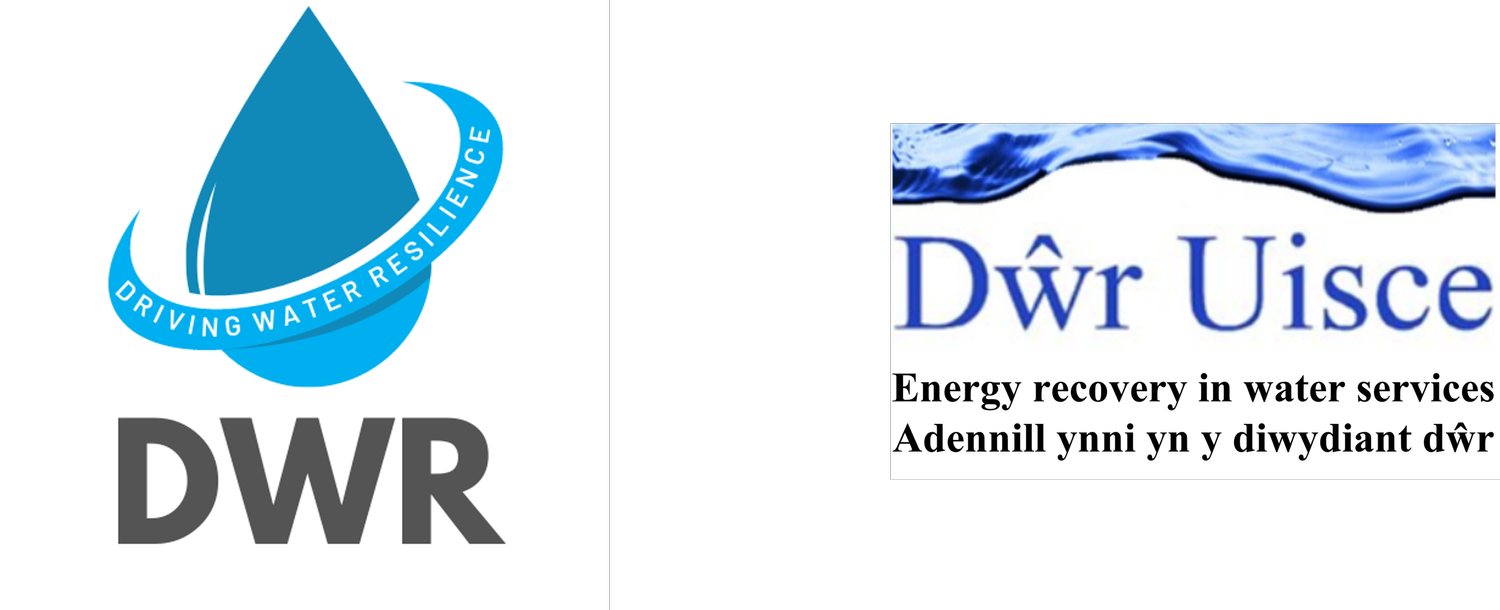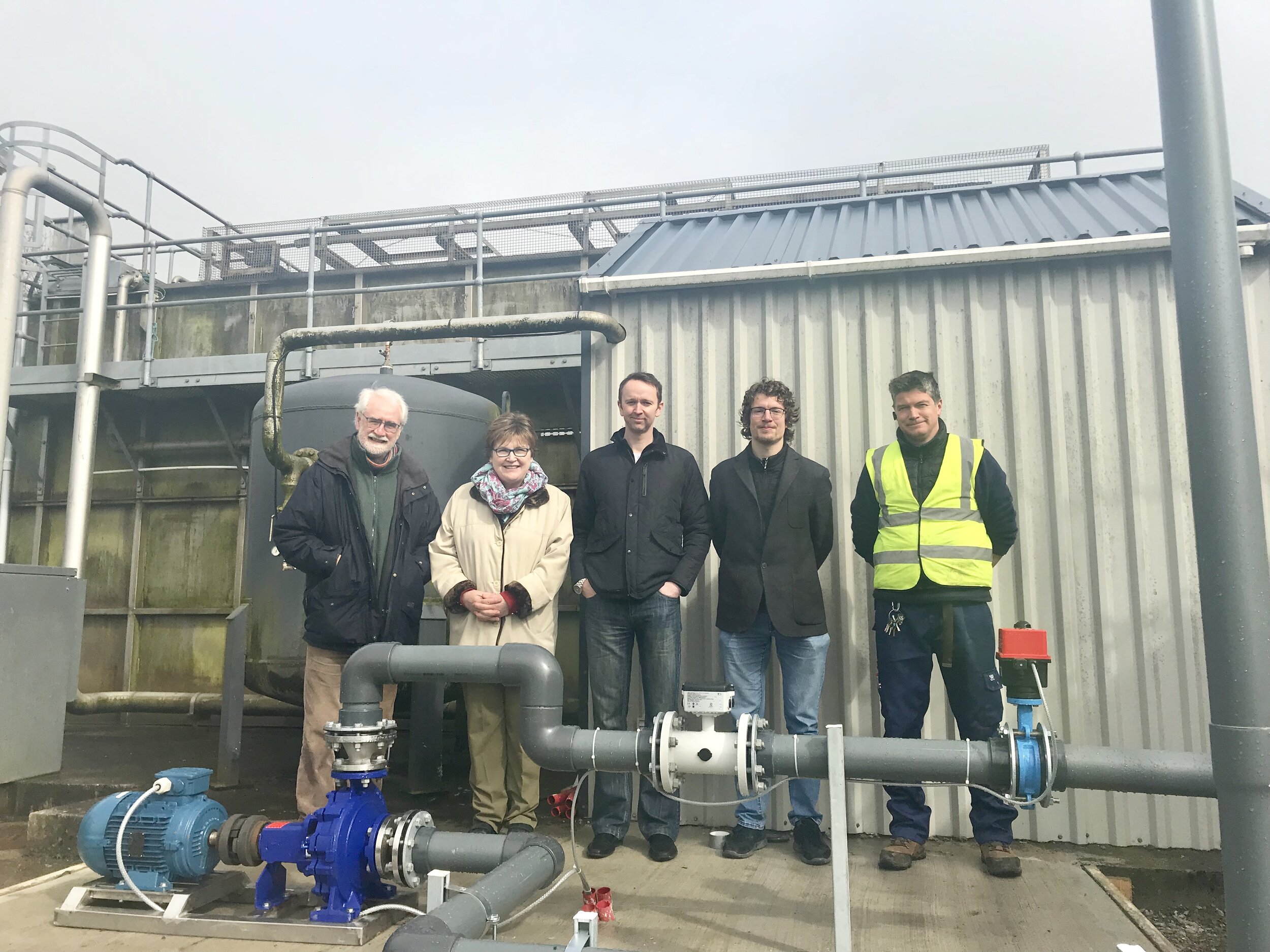The Dŵr Uisce project has been awarded an additional €1.1 million in funding to extend its work on energy saving measures in the water sector. This project commenced in Sept 2016 aiming to improve the long-term sustainability of water supply in Ireland and Wales. The project has now been extended to February 2023.
Led by Trinity College Dublin in partnership with Bangor University, the 6.5 year project has a total €4.5m in EU funds through the EU’s Ireland-Wales co-operation programme. The multidisciplinary project is led by Dr. Aonghus McNabola, Dr John Gallagher and Prof. Biswajit Basu in the School of Engineering, and Prof. Paul Coughlan in the Trinity Business School.
To date the project has delivered the installation of two demonstrations of micro-hydropower energy recovery in Ireland and Wales, reducing the energy needs of local water treatment facilities by up to 20%
Micro-hydropower installations at Blackstair Group Water Scheme (Ireland)
Micro-hydropower installations at Tŷ Mawr Wybrnant (Wales)
The project has also delivered two demonstrations of heat recovery from wastewater in Ireland and Wales, reducing, for example, the kitchen hot water consumption at Penrhyn Castle by 25%.
Penrhyn Castle, National Trust Wales
kitchen wastewater heat recovery system in Penrhyn Castle, National Trust Wales
Phase II of the Dŵr Uisce project aims to build on achievements to date in the development of low-cost micro-hydropower technology and heat recovery systems for wastewater networks. The project will specifically develop:
· Early detection systems for turbine failures and maintenance
· Applications of micro-hydropower in mines
· Heat recovery systems for commercial kitchens with combined grease traps
· Life cycle assessment of energy efficient wastewater treatment works and alternative sources of water heating
· Adaption of hydropower turbine designs to cater for the impacts of climate change on their operation
· Citizen science events focused on gathering data on the linkages between energy use and water use
Dr Aonghus McNabola, from Trinity College Dublin, said: “This extension in funding for the Dŵr Uisce project allows us to maintain the expertise built up in our team of 10 PhD students and postdoctoral researchers, and enables us to build on the work completed to date by pursuing the new research opportunities that have arisen in the first 3 years of the project. The additional funding and time will help us to create new opportunities to save energy in different markets of the water industry.”
Dr Prysor Williams, from Bangor University, said: “The work within the Dŵr Uisce project will help achieve those environmental and economic ‘win–wins’ that are so important for Wales to meet its ambitious targets in reducing greenhouse gas emissions. Securing this EU funding extension is excellent news, and we are looking forward to bringing our expertise to a project that will have significant benefits for Welsh industries, consumers, and the wider environment.”




